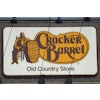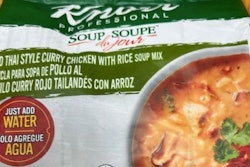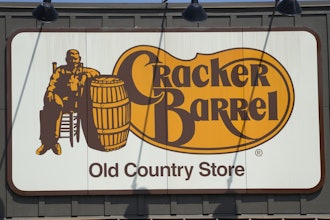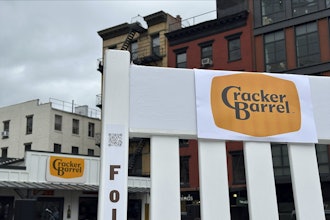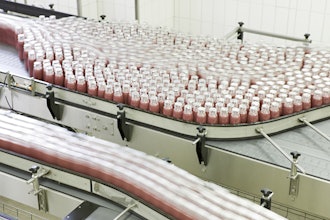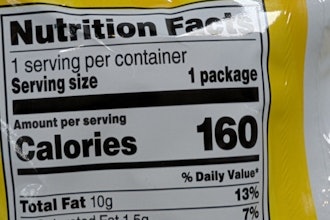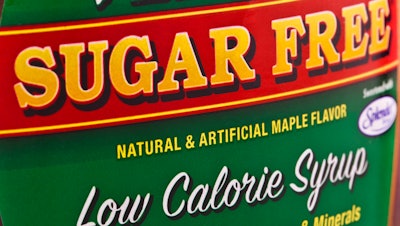
A new analysis suggests that the Nutri-Score — a label indicating the overall nutritional quality of a food product — can counteract the misleading effects of sugar claims.
Kristin Jürkenbeck and colleagues of the University of Göttingent, Germany, present these findings in the open-access journal PLOS ONE on Aug. 17.
High consumption of sugar has been linked to an increased risk of becoming overweight and other health issues. Some companies therefore label products with claims about sugar content, such as “without added sugar” or “less sweet.” However, consumers may interpret such claims to mean that a food product is healthier than it really is.
Another type of label, the Nutri-Score, is increasingly being used in European countries to inform consumers of the overall nutritional quality of food products. Previous research shows that the Nutri-Score can indeed guide consumers to make healthier food purchases.
Jürkenbeck and colleagues have examined how the Nutri-Score might interact with sugar-content labels. In October 2020, they conducted an online survey of 1,103 German participants. The survey asked participants for their perceptions after being presented with images of the packaging of three hypothetical products—instant cappuccino, chocolate muesli, and an oat drink—with different combinations of sugar claims and Nutri-Score labels.
Statistical analysis of the survey results suggests that, when a Nutri-Score was not present, claims about reduced sugar did indeed mislead participants into believing that hypothetical products were healthier than they actually were. However, the presence of a Nutri-Score counteracted those effects, reducing misconceptions about the healthiness of less nutritional foods.
On the basis of these findings, the researchers call for restricted use of sugar content claims and similar labels, and mandatory use of the Nutri-Score by companies that do make such claims. They also call for future research to evaluate the effects of the Nutri-Score for additional food categories and in the context of other advertising claims that could mislead consumers about food healthiness.
The authors add: “Nutrition or taste claims about sugar on the front of packages can improve the health perception of foods with poor health images.”

